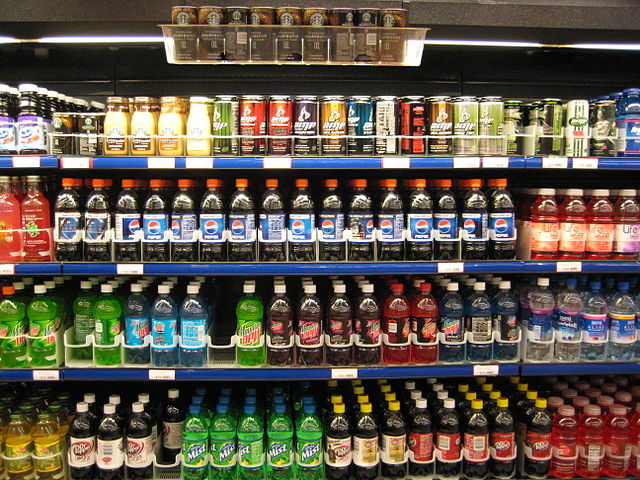Sugary beverages tax? Doctors propose 20 percent tax on sugary drinks to tackle obesity rates in the UK

The British Medical Association (BMA) is calling for extra tax to be imposed on sodas and other sugary beverages to help consumers cut unhealthy dieting habits and address obesity concerns in the country.
The latest tax proposal appeared in the association's "Food for Thought" report, which was published on Tuesday.
The report from BMA suggests that a minimum 20 percent tax should be placed on all non-alcoholic drinks that contain added sugar, sugar-laden soft drinks, fruit drinks, concentrated fruit juice, and energy drinks.
It also showed how a similar ruling in Mexico has forced consumers to pay more for sugary beverages, helping cut their consumption.
The 10 percent tax in Mexico was enforced on January 1, 2014. Over 30 percent of Mexicans are obese and their regular consumption of Coca-Cola and other sugary beverages is partly to blame, according to critics.
Based on the evaluation on how the tax has affected consumption of soda and sugary drinks, the Mexican National Institute of Public Health, together with the University of North Carolina found that there was an average of six percent cut in purchases in 2014 and 12 percent towards the end of that year, as reported in The Guardian.
Experts see this reduction as a positive step to curb Mexico's obesity problem, and the BMA on the other hand, sees it as an example of how the U.K., a nation predicted to have a 30 percent obese population by 2030, can also tackle the problem.
Drinks sweetened with sugar are often packed with calories and they offer limited nutritional value, says Sheila Hollins, chair of the BMA Board of Science. Many people in the U.K. already consume too much sugar and this raises concerns as it leads to conditions like diabetes.
The BMA does not only support additional taxes for sugary beverages and sodas, but it also calls out to academic institutions to adhere to healthy food regulations.
With the cash generated from the tax, vegetables and fruits should be subsidized, the proposal states, to influence consumers to buy cheaper, healthier products. It also includes a "free fruit and vegetable scheme" that should be available to all school children in the U.K, to promote the habit of a healthy diet.











